The DemAlps Team
The DemAlps Team
The DemAlps project is lead by the principal investigator Marta Gravela, at the Università di Torino, who has assembled a group of postdoctoral fellows, researchers, and PhD candidates, and invites external contributions (affiliate researchers) as well.
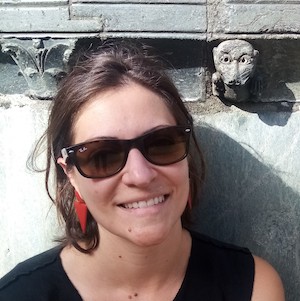
Marta Gravela
Marta Gravela is Associate Professor of Medieval History at the University of Turin and Principal Investigator of the projects ERC DemAlps Democracies of the Alps. Issues, Practices and Ideals of Politics in Mountain Communities, 1300-1500 and PRIN Writing Communities. Council Records in the Late Medieval Alps. She has previously worked at the State University of Milan, the University of Cambridge, the Ecole Normale Supérieure de Lyon and is an affiliate researcher with CIHAM UMR 5648 Lyon-Avignon. Her research interests focus on the social and political history of the late Middle Ages, with particular reference to topics such as family and kinship, citizenship, social inequalities, urban taxation and public debt, lords and communities in the Alpine area. Fond of the mountains, she loves trekking and exploring Alpine territories to understand their historical and environmental transformations.
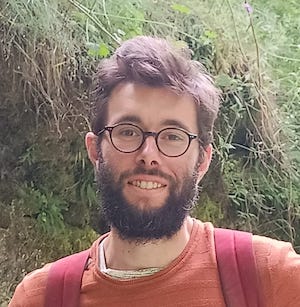
Clément Carnielli
Clément Carnielli is a postdoctoral fellow with DemAlps and studies political and social history in the late medieval northern-Italy and southern France. He obtained his PhD at the Université Gustave Eiffel of Paris, with a thesis on political agency and social inequalities in Bologna in the late 14th century, which received a prize from the “Chancellerie” of Paris universities. He also worked in the Archival-City project (Université Gustave Eiffel, ex-Paris Est), a trans-period research on the links between cities and their archives, in six different fields. In this context, he contributed to the publication of the first digitized medieval archive, Bologna’s armarium populi from 1324. In the DemAlps project, he specifically works on the French Alpine zone. During the first year, he visited, consulted and started to index the rich and plethoric documentation registering deliberations, decisions and other traces of public life in alpine communities. Once this collection phase is done, he will study more precisely the dynamics of participation/exclusion in the deliberations, with a focus on the very well-documented yet understudied Haute-Provence.
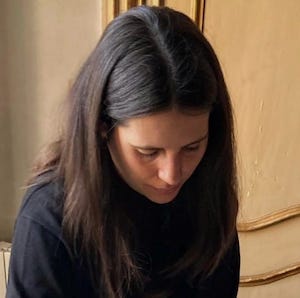
Chiara Corradini
A graduate in Medieval History from the University of Naples (2019), in 2023 Chiara Corradini obtained a second-level master’s degree in Creation, Management and Preservation of digital archives at the University of Macerata. She is currently enrolled in the school of Archivistica, Paleografia and Diplomatica of the State Archives of Turin. In the DemAlps project she focuses on the census of the late medieval sources present in the municipal archives of the western Italian Alps and collaborates on the database development. Her research deals with the archival history of the records of medieval communities by looking at the accretion and conservation practices used from the late Middle Ages to modernity. A lover of mountains, she enjoys escaping to the hills for hiking and climbing.

Noémie Lacroix
Noémie Lacroix is currently PhD candidate at the University of Turin within the project DemAlps, focusing on rural communities of the Durance’s valley, from Briançon to Embrun between the 14th and the 15th centuries. During her double masters degree in Digital Humanities and Medieval History from the University of Lyon 2 (France), Noémie Lacroix worked on the women's roles in trade in Lyon and Bologne at the end of the Middle Ages. Thanks to this training, in 2021 she joined the ANR-DFG research project CoMOR, which studied medieval and early modern fairs. During this experience, she populated the project’s database with historical data, especially city deliberations from Lyon and Geneva at the end of the Middle Ages. Additionally, she contributed to the organisation of the exhibition at the Archives Départementales de Lyon and the permanent virtual exhibition.
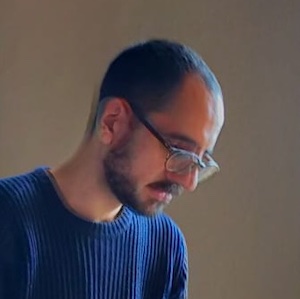
Davide Morra
Davide Morra is a medievalist and postdoctoral fellow with DemAlps. He received his PhD from the University of Naples “Federico II” in 2021, with a project that led him to collaborate with the Italian software house @Cult in Rome and the French OpenEdition center in Marseille. His dissertation focused both on the digital edition of a manuscript and on the study of the interaction between power, society and tax systems in the late medieval Kingdom of Naples. In 2022-2023, he earned a degree in Archival Science from the Vatican School while doing his first post-doc in Naples and working on his upcoming monograph. Communities and the process of community-building at the various levels in which it takes place, also in its interrelationships with the state-building process, have long been a crucial part of his research interests. As part of the DEMALPS team he explores community archives on the Italian side of the Western Alps, contributing records to project database and studying the rich sources that are emerging from those archives.
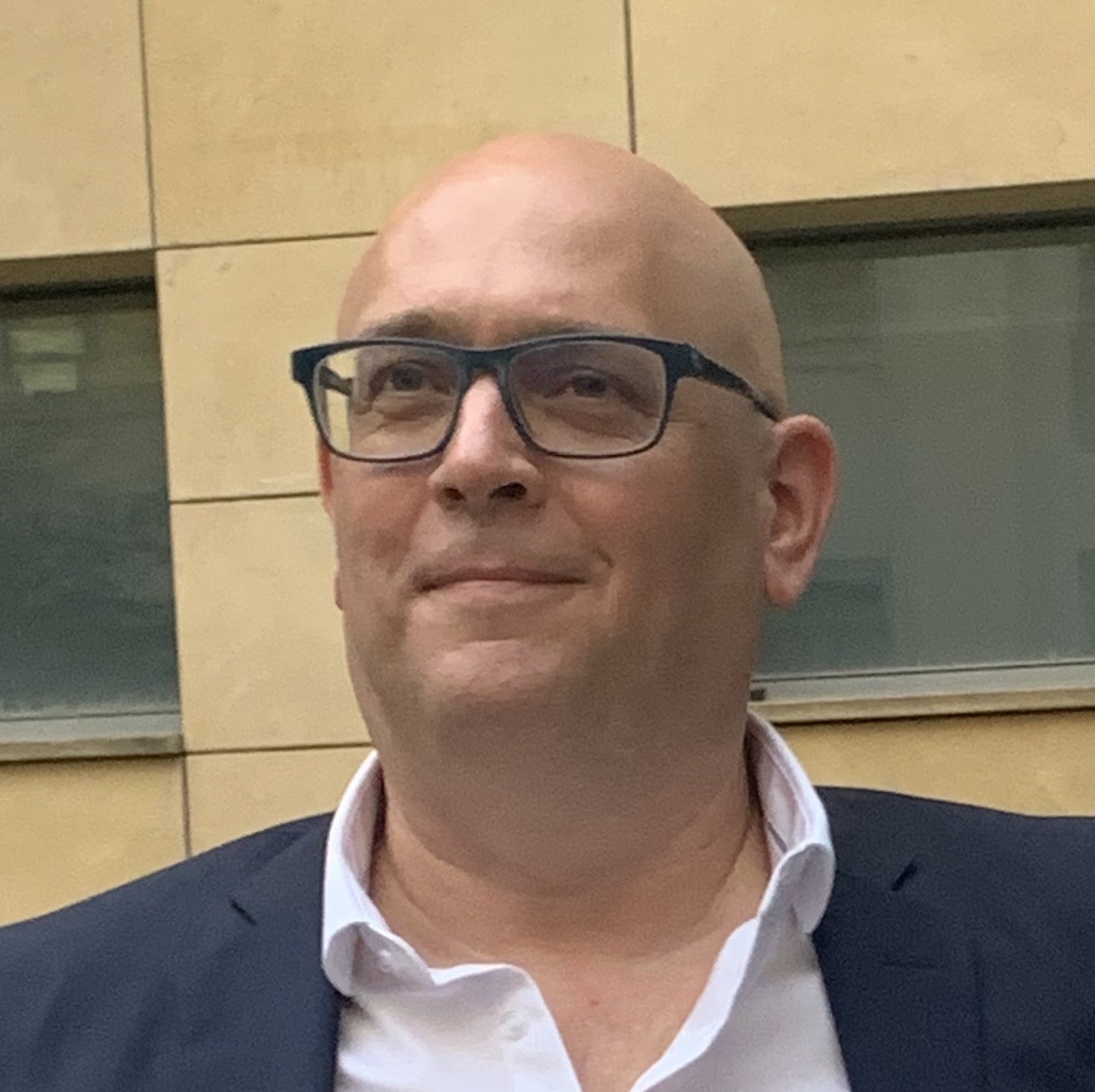
Jean-Paul Rehr
Jean-Paul Rehr is a postdoctoral fellow with DemAlps at the Università di Torino. Originally from Toronto, Canada, Jean-paul spent 15 years in business and technology startups before leaving for Europe to study medieval history. His PhD dissertation Heresy, Politics, and Inquisition in the County of Toulouse. Edition and Study of Bibliothèque municipale de Toulouse, ms. 609: The Register of the “Great Inquisition” at Toulouse, 1245-46 reflects his interest in researching medieval social, political and religious history using digital methods. Beyond the “natively digital”, open access edition issuing from his disseration, Jean-Paul has lead the development of a number of digital humanities projects including ThEMA, CoMOR, and Computus.

Andrea Barsacchi
Università degli Studi di Milano

Pietro D’Orlando
Università degli Studi di Milano

Federica Giordani
Università degli Studi “La Sapienza” di Roma

Patrick Hegarty-Morrish
Oxford University

Marta Mangini
Università degli Studi di Milano

Leonardo Mineo
Università degli Studi di Torino

Flavia Negro
Università degli Studi del Piemonte Orientale “Amedeo Avogadro”

Fabrizio Pagnoni
Università degli Studi di Milano